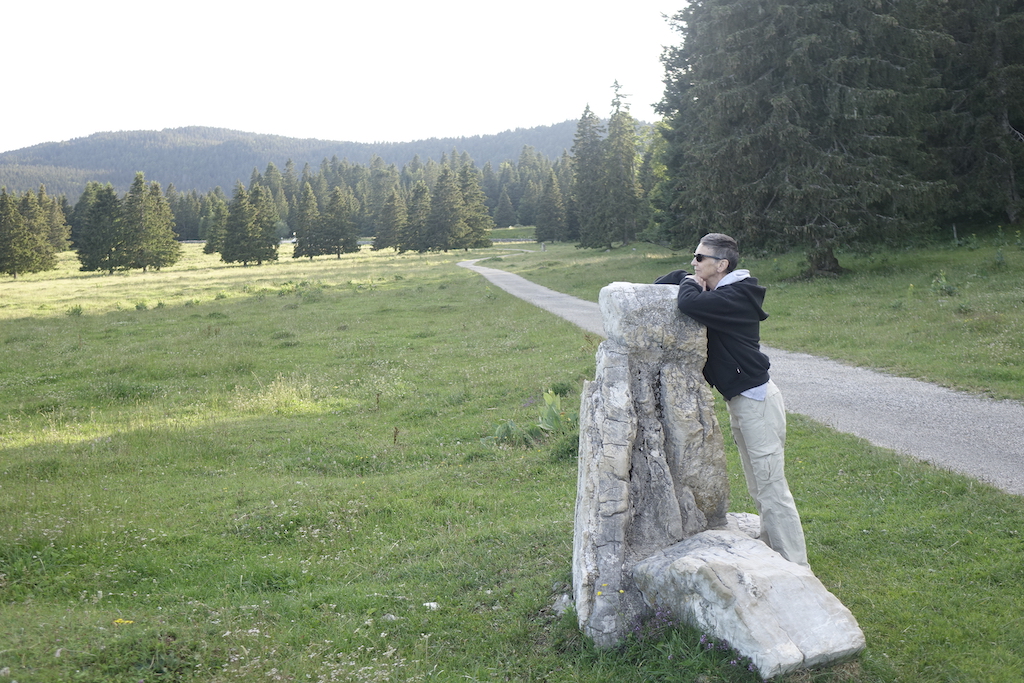 Record highs in Covid-19 cases, hospitals across Europe overloaded, healthcare workers on their knees and hearts breaking from being torn apart from families during the holidays. Due to circumstances we should not travel, but must find unique ways to stay connected.
Record highs in Covid-19 cases, hospitals across Europe overloaded, healthcare workers on their knees and hearts breaking from being torn apart from families during the holidays. Due to circumstances we should not travel, but must find unique ways to stay connected.
Virtual caroling: My daughter a doctor in Minneapolis area will be working over the holidays to help stem the tide, but she figured out a way to connect with her grandparents in Illinois. We are going caroling at their virtual doorstep. We practiced a list of Christmas songs on line; I played my guitar in Switzerland and she sang Silent Night, Drummer Boy, Winter Wonderland and other old favorites.
Phone calls have never been more comforting especially with WhatsApp era where we can see one another’s faces on the screen.
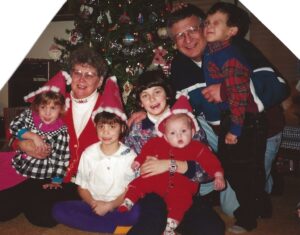
Christmas used to be like this
Read books like The Night Before Christmas, Polar Express and How The Grinch Stole Christmas together on Skype with grandchildren, who are quarantined thousands of miles apart from you.
Set up a zoom call where everyone gathers from their own living room. One friend’s family made the Sunday dinner Zoom call a weekly tradition to keep up on her kids in the Carolinas, Massachusetts and Minnesota. Or set up a family games night.
Write an old fashioned card with your own words or better yet a letter. When was the last time you received a real letter in the mail that could be read and reread and cherished forever?
Put up the Tannenbaum. Through the dreary dark days of winter, we wake up to the twinkle of the white lights on our tree.
Light a candle. Say the name out loud in honor of the memory of everyone you have lost this year. Give a word of thanks for each friend and loved one who remains a part of your life even though you may be separated by distance.
Bake cookies – sugar cookies, gingerbread, spritz. Fill the house with the aroma of warm frosting and melting butter.
Hang outdoor decorations. European villages have always put twinkling lights in the chateaus, town halls and corner cafe windows. This year even individual home owners are stringing outdoor lights in neighborhoods to bring joy during this time of darkness where people are confined to homes.
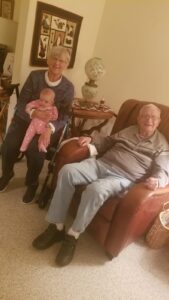 Hold a baby. My niece and nephew-in-law took Covid tests in order to travel safely from their home in Wisconsin to Illinois to introduce their new baby, Hadley Marie, to her great grandparents. My 86-year-old mom, who recently lost her brother to Covid-19, became teary eyed holding her first great grandchild in the circle of life.
Hold a baby. My niece and nephew-in-law took Covid tests in order to travel safely from their home in Wisconsin to Illinois to introduce their new baby, Hadley Marie, to her great grandparents. My 86-year-old mom, who recently lost her brother to Covid-19, became teary eyed holding her first great grandchild in the circle of life.
In a year where it is especially difficult to feel gratitude, appreciating the giving spirit of the holidays and understanding the value of kind words, thoughtful gestures and strong connections year round has never been more important.
Like so many others, the pain of being apart at this season is especially acute, but it also reminds me of how lucky I am to be loved and to love so much that it hurts.
In the meantime, I focus on the memories of favorite foods, surprise gifts and special traditions from previous get together and practice my singing fa la la la la la la la until we can be reunited again.
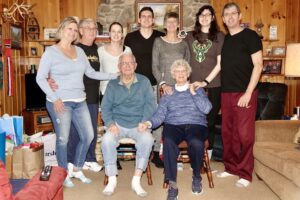
Christmas 2018
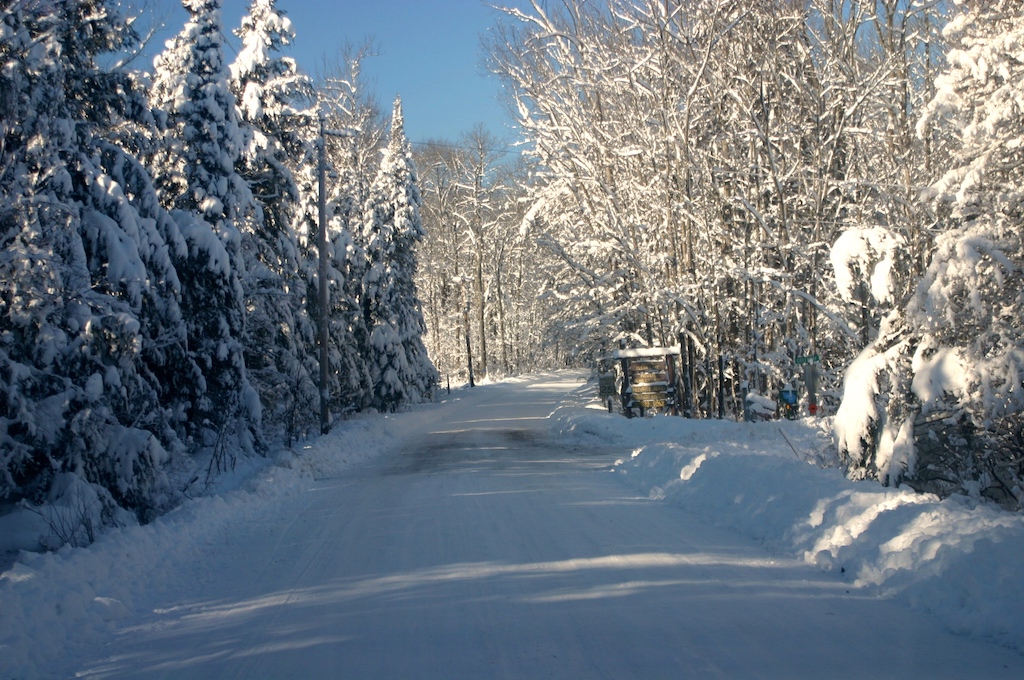
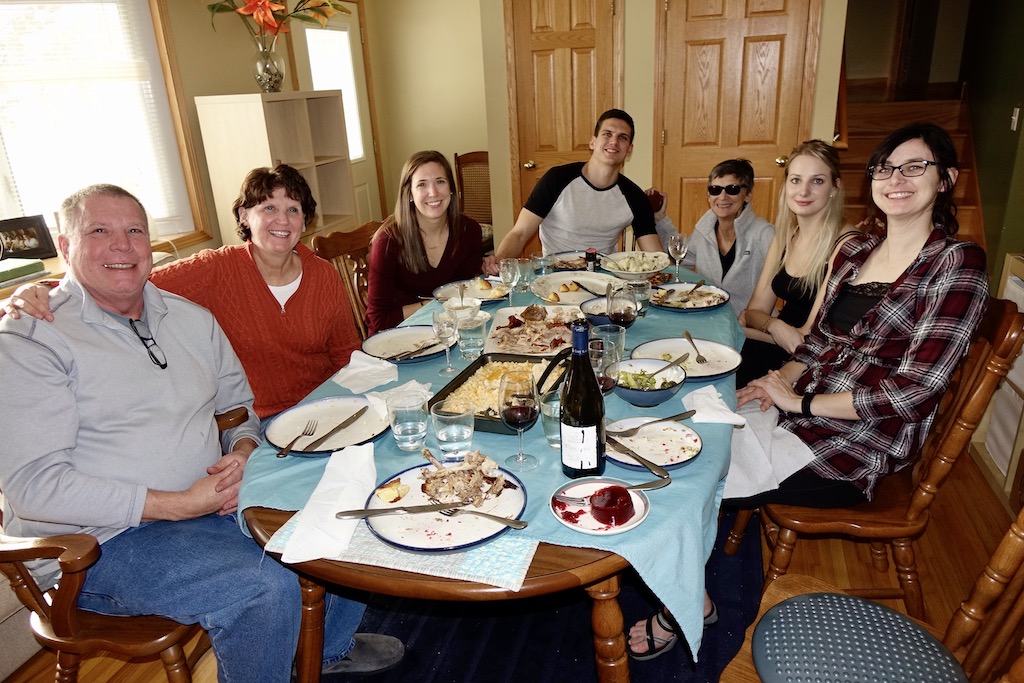
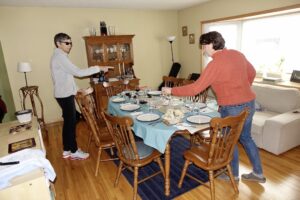 This Thanksgiving will be a different kind of celebration with same meaning as ever. Traditionally Native Americans saved Pilgrims from starvation back in 1620 by teaching them to tap maple trees, plant corn and fertilize soil.
This Thanksgiving will be a different kind of celebration with same meaning as ever. Traditionally Native Americans saved Pilgrims from starvation back in 1620 by teaching them to tap maple trees, plant corn and fertilize soil.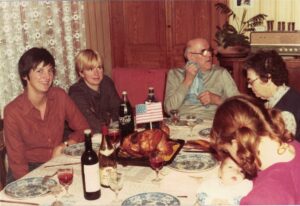 My first year abroad I invited French teammates and they ate the food in courses, one dish at a time. The next year in Germany, the team turnout was so great, there was standing room only; we never sat down to dine. Another year French relatives replaced the giant Tom Turkey with Chicken Little. Now living in Switzerland off I go again every November on the Great Turkey Hunt through the Swiss Alps.
My first year abroad I invited French teammates and they ate the food in courses, one dish at a time. The next year in Germany, the team turnout was so great, there was standing room only; we never sat down to dine. Another year French relatives replaced the giant Tom Turkey with Chicken Little. Now living in Switzerland off I go again every November on the Great Turkey Hunt through the Swiss Alps.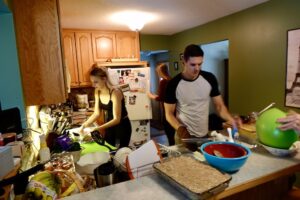 Last year I didn’t have to explain anything when Gerald and I celebrated our first extra special Thanksgiving in the states with our kids and sister and her family. My brother in law smoked a turkey, my son and daughter in law made a British speciality Yorkshire pudding, my niece added a broccoli salad. My sister brought the traditional pumpkin pie and my daughter contributed a gluten free apple crumble.
Last year I didn’t have to explain anything when Gerald and I celebrated our first extra special Thanksgiving in the states with our kids and sister and her family. My brother in law smoked a turkey, my son and daughter in law made a British speciality Yorkshire pudding, my niece added a broccoli salad. My sister brought the traditional pumpkin pie and my daughter contributed a gluten free apple crumble.
 Even though Biden was officially announced the 46th President of the United States, I remain suspended in space. The free floating anxiety I have felt since the Covid outbreak last March lingers because Trump refuses to concede. In our democracy! Instead he demands vote recounts, shouts election fraud and continues to give free license to supremacist white groups and other dangerous organizations. Militias pop up across the country, protests break out and even though I live 4,000 miles away, I am not sleeping.
Even though Biden was officially announced the 46th President of the United States, I remain suspended in space. The free floating anxiety I have felt since the Covid outbreak last March lingers because Trump refuses to concede. In our democracy! Instead he demands vote recounts, shouts election fraud and continues to give free license to supremacist white groups and other dangerous organizations. Militias pop up across the country, protests break out and even though I live 4,000 miles away, I am not sleeping.
 "And to the children of our country, regardless of your gender, our country has sent you a clear message: dream with ambition, lead with conviction and see yourself in a way that others might not see you, simply because they've never seen it before. And we will applaud you every step of the way.”
"And to the children of our country, regardless of your gender, our country has sent you a clear message: dream with ambition, lead with conviction and see yourself in a way that others might not see you, simply because they've never seen it before. And we will applaud you every step of the way.”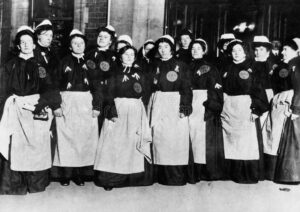 register and vote. As I went through the necessary paperwork, I applauded those suffragettes who came before me and fought so hard to earn the right to vote.
register and vote. As I went through the necessary paperwork, I applauded those suffragettes who came before me and fought so hard to earn the right to vote.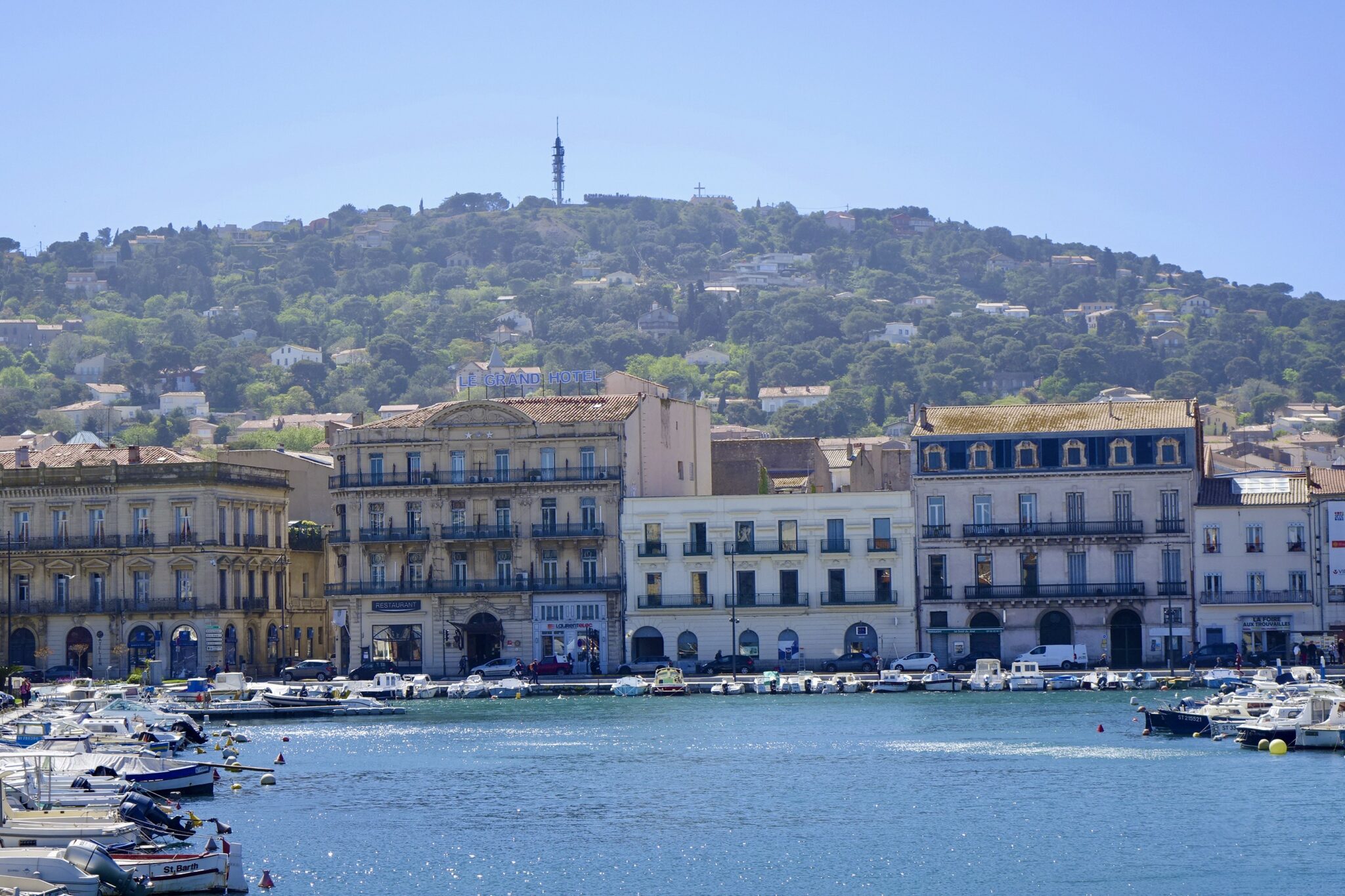
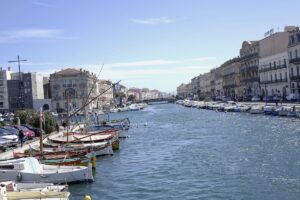 Living in Switzerland, all of Europe beckons from our backdoor, but any travel with my bad back remains challenging. So for our vacation, we narrowed our choice to a short (by American standards) four and half hour drive to discover Occitanie Region, a gem in south central France.
Living in Switzerland, all of Europe beckons from our backdoor, but any travel with my bad back remains challenging. So for our vacation, we narrowed our choice to a short (by American standards) four and half hour drive to discover Occitanie Region, a gem in south central France.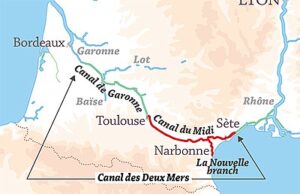 .
.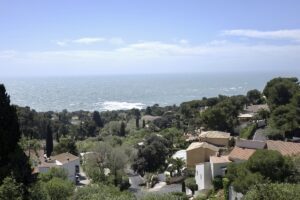
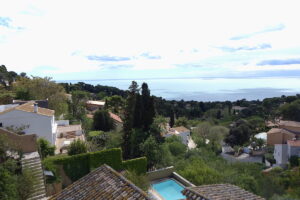
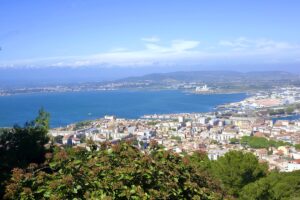 High above the gritty working port, we overlooked the red tile rooftops and admired the restless sea. We felt we’d found the best spot in town to discover the city and surroundings. That evening while winds rattled our shutters, and cicadas serenaded us to sleep, we couldn’t wait to throw open our shutters on a new day and begin exploring.
High above the gritty working port, we overlooked the red tile rooftops and admired the restless sea. We felt we’d found the best spot in town to discover the city and surroundings. That evening while winds rattled our shutters, and cicadas serenaded us to sleep, we couldn’t wait to throw open our shutters on a new day and begin exploring.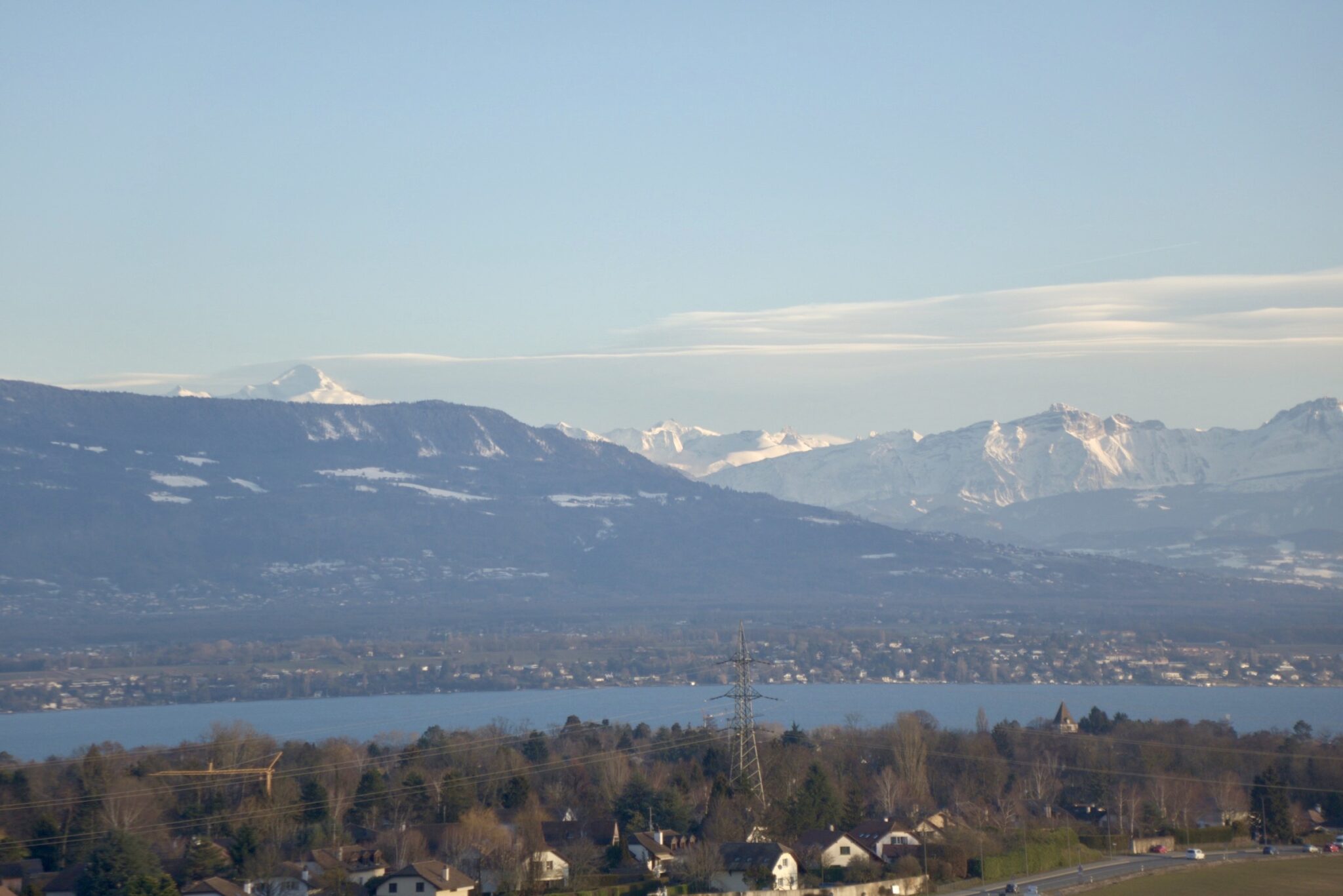
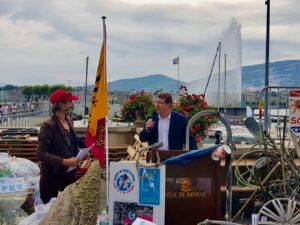 From a childhood growing up in a river town, to summers spent on a Wisconsin lake, to weekends of young adulthood walking Normand beaches to raising a family in a Switzerland with a view of Lake Geneva, no matter where I have lived, water has been my solace bringing comfort, inspiration and peace.
From a childhood growing up in a river town, to summers spent on a Wisconsin lake, to weekends of young adulthood walking Normand beaches to raising a family in a Switzerland with a view of Lake Geneva, no matter where I have lived, water has been my solace bringing comfort, inspiration and peace.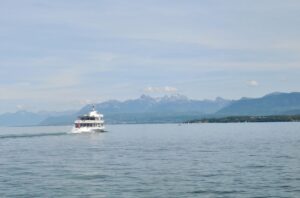 Now every morning when I see my jaw dropping view of Lake Geneva surrounded by snow capped Mt Blanc, I feel blessed. Lake Geneva, on the north side of Alps nestled between France and Switzerland, is the largest lake on the Rhone River and one of the largest lake in western Europe (It’s northern shore is 95 km (59 mi), the southern shore 72 km (45 mi) in length)
Now every morning when I see my jaw dropping view of Lake Geneva surrounded by snow capped Mt Blanc, I feel blessed. Lake Geneva, on the north side of Alps nestled between France and Switzerland, is the largest lake on the Rhone River and one of the largest lake in western Europe (It’s northern shore is 95 km (59 mi), the southern shore 72 km (45 mi) in length)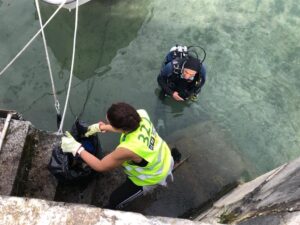
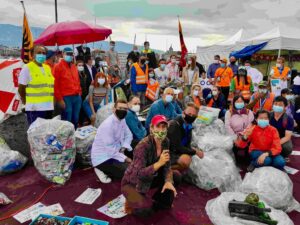
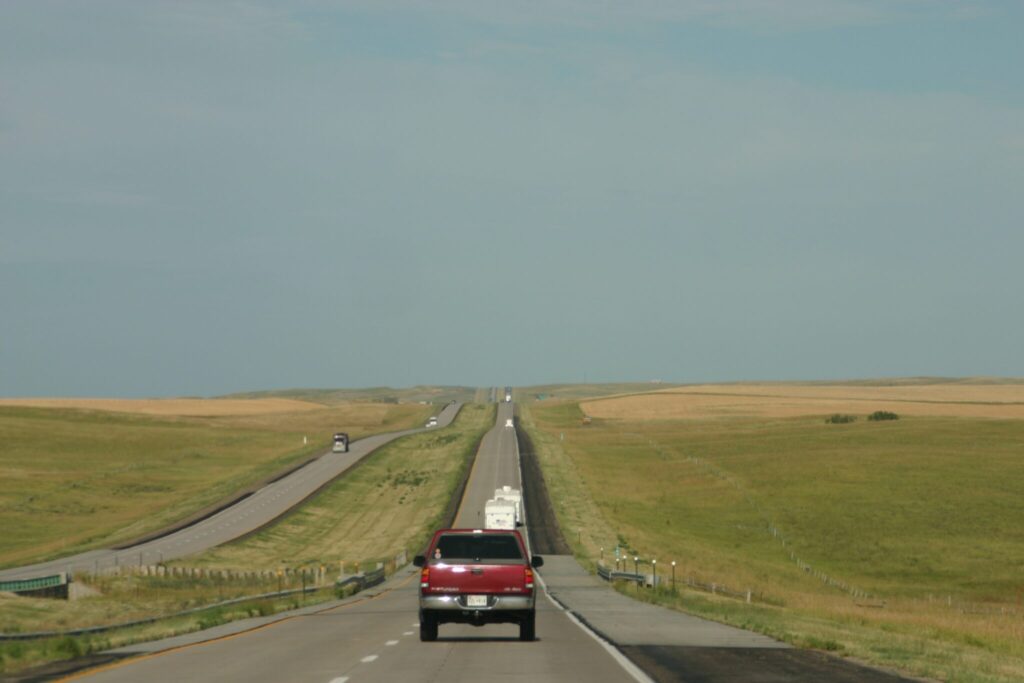
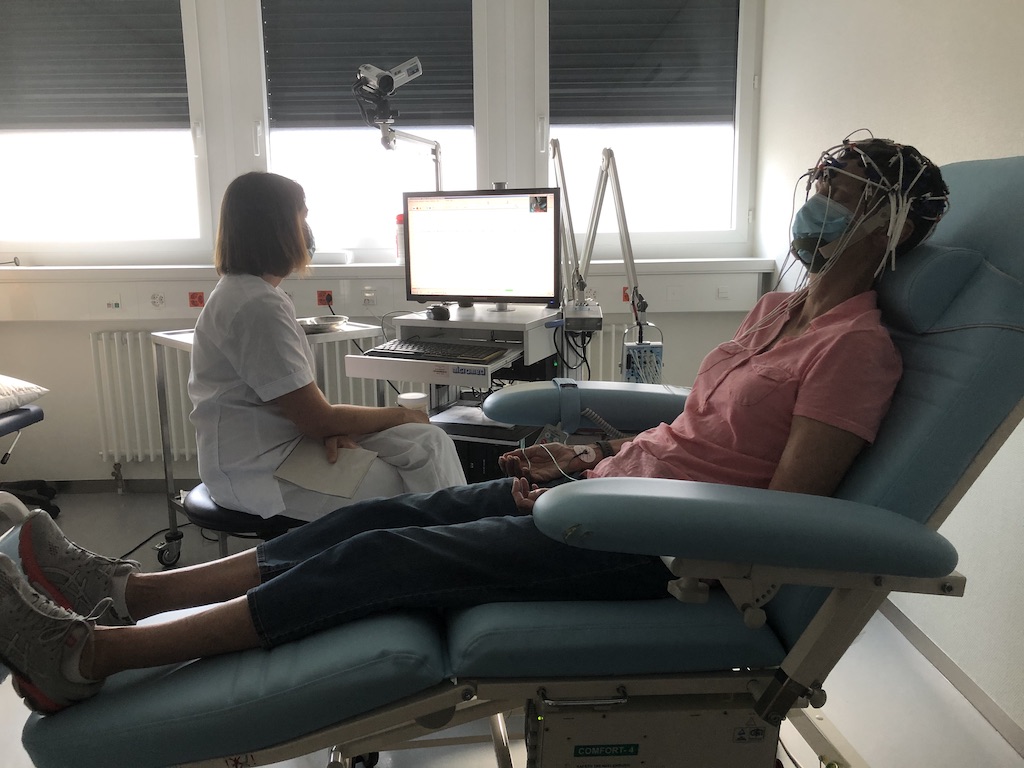 My neurologists explained that my recent EEG showed abnormal brain wave activity in the frontal lobes indicating the potential for another epileptic episode.
My neurologists explained that my recent EEG showed abnormal brain wave activity in the frontal lobes indicating the potential for another epileptic episode.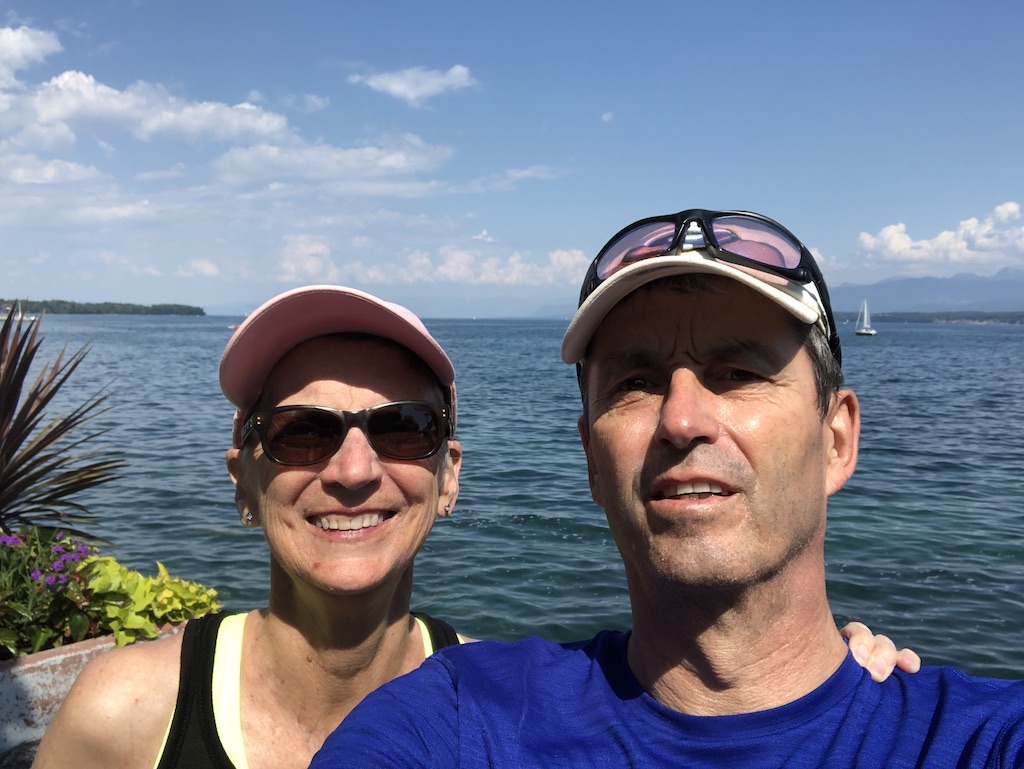 Depend on a loyal teammate. When I wake up with tears in my eyes wondering how to push through another day, my husband drags me out the door. We walk the fields across from our sublime view of Lake Geneva and the Alps and I chide myself. What am I pouting about?
Depend on a loyal teammate. When I wake up with tears in my eyes wondering how to push through another day, my husband drags me out the door. We walk the fields across from our sublime view of Lake Geneva and the Alps and I chide myself. What am I pouting about?